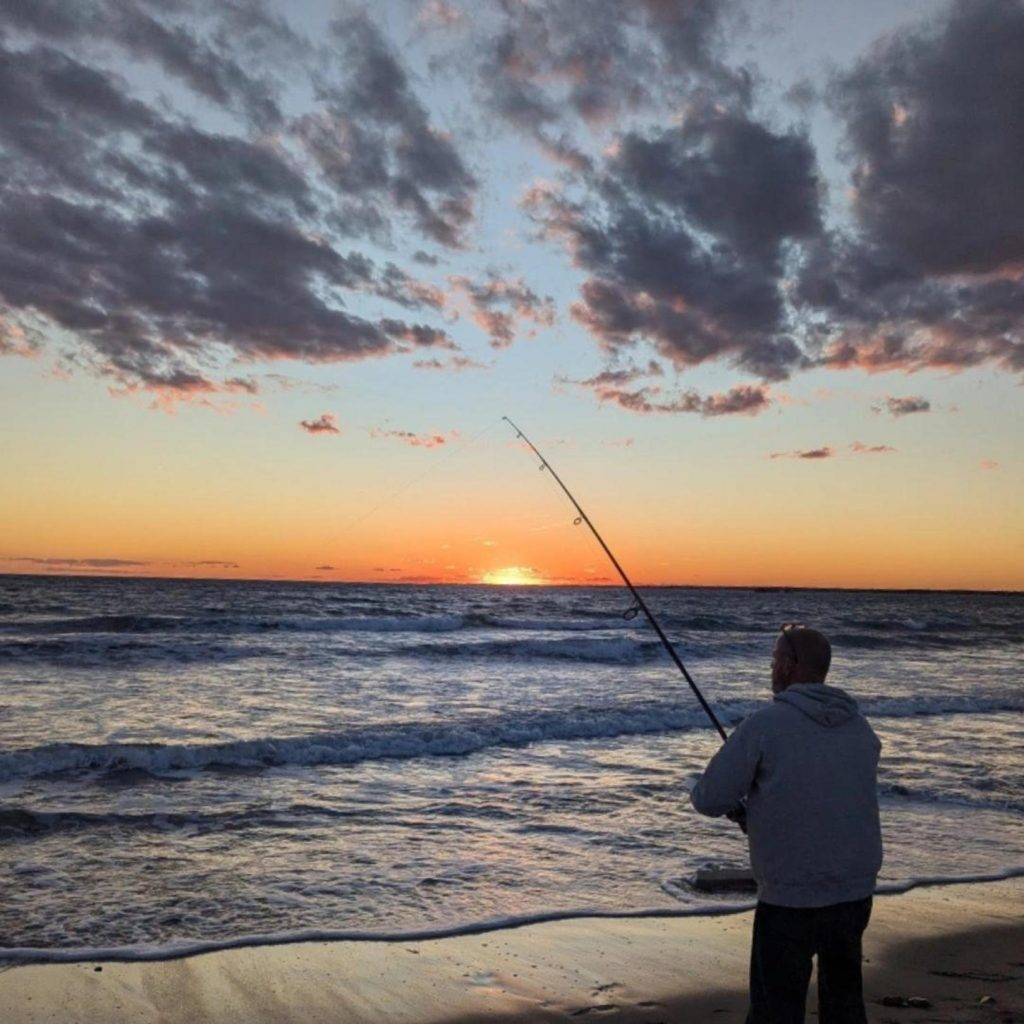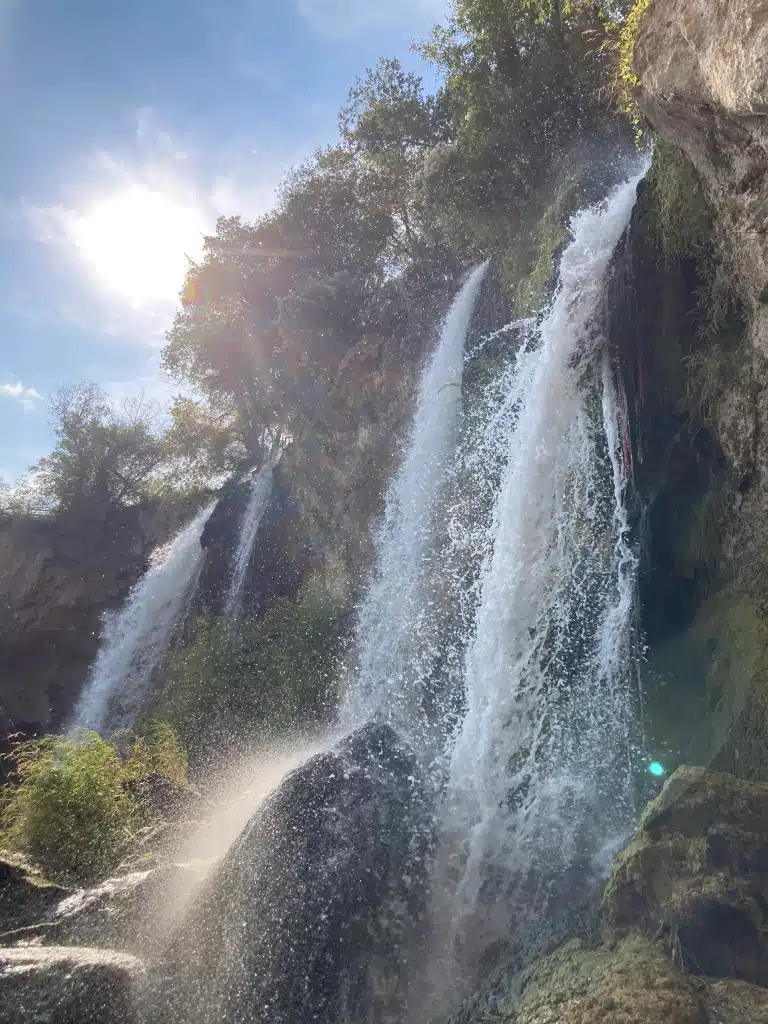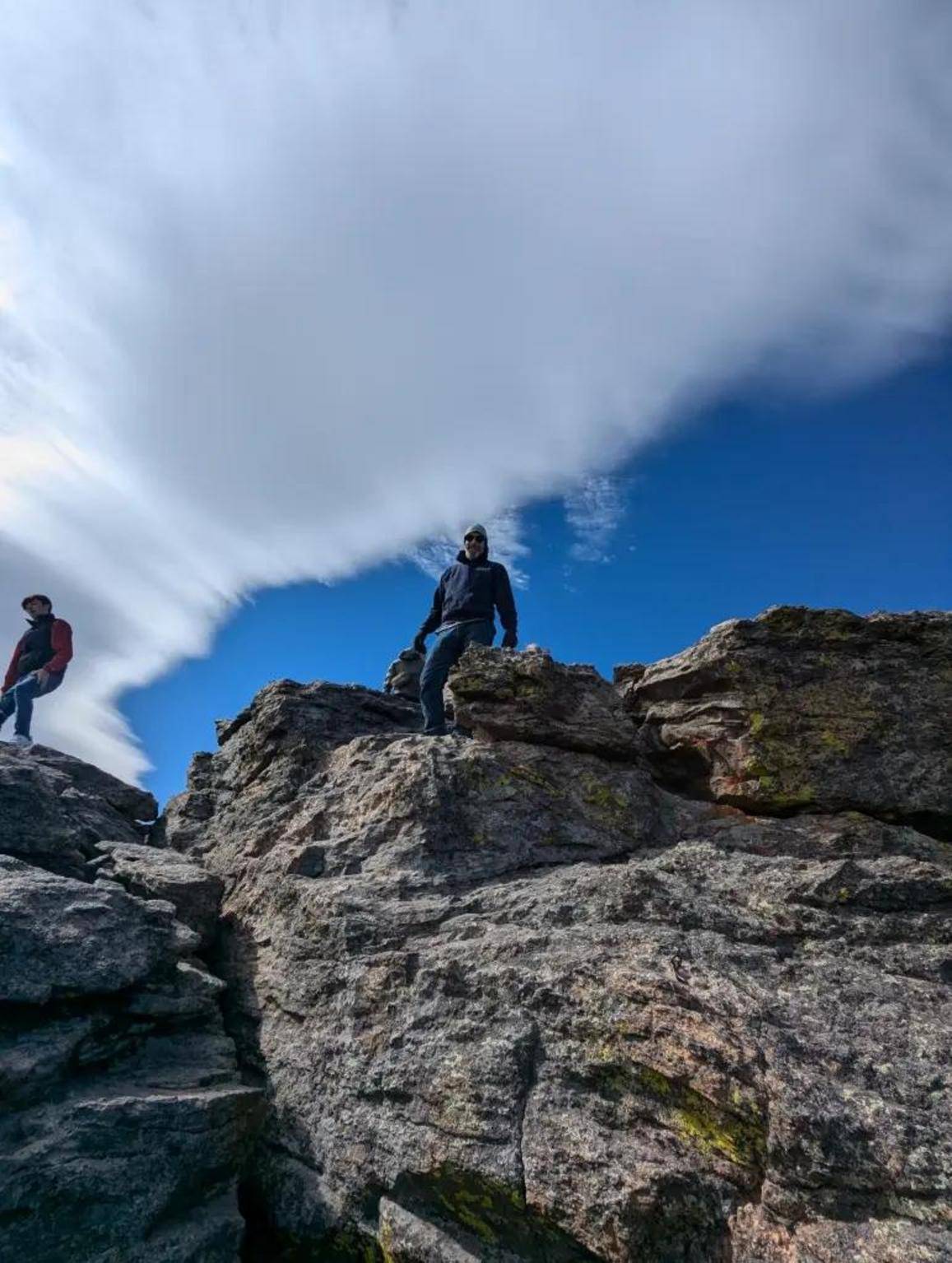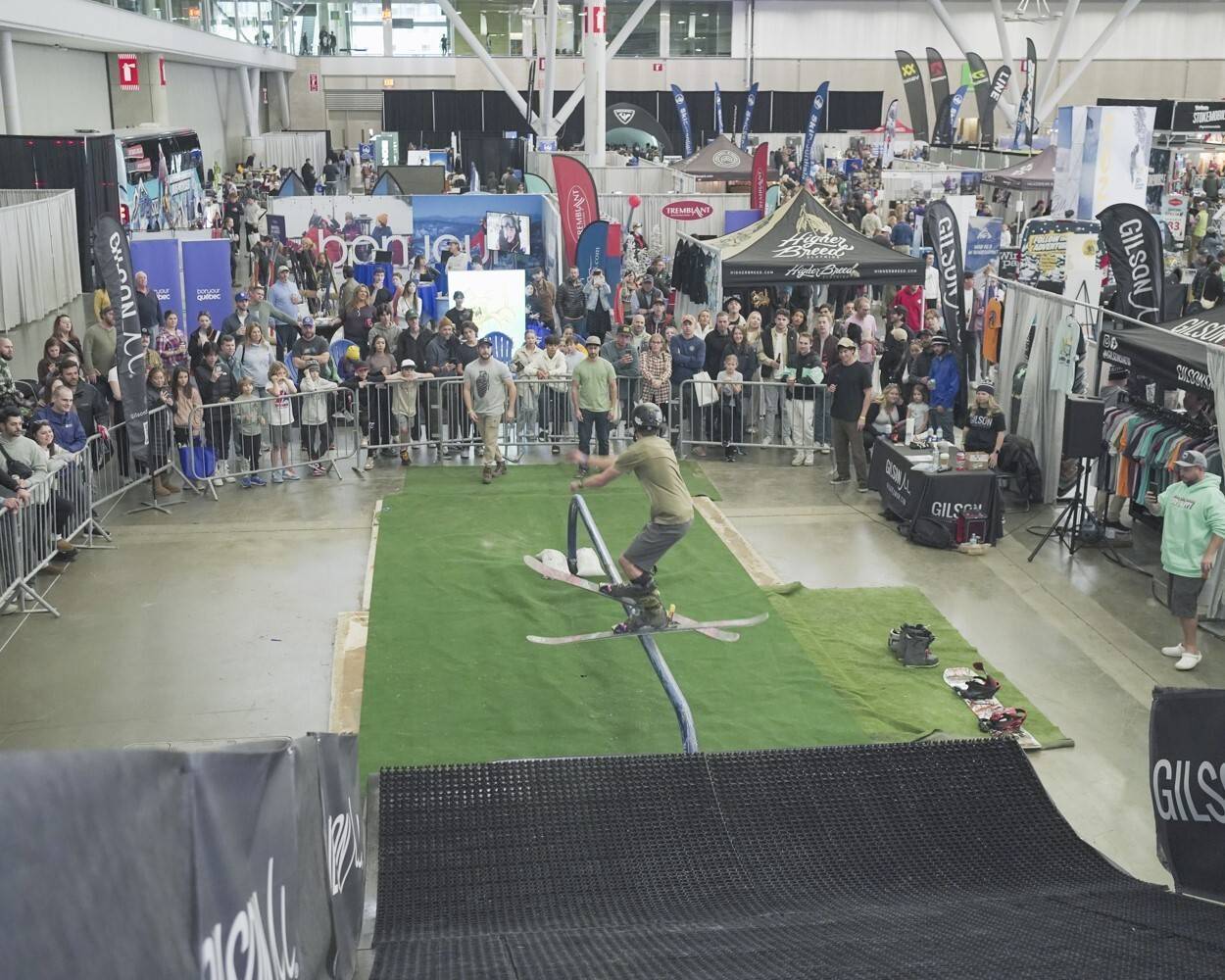There are so many benefits to boating, especially once you acquire the skills you need to be a boater. Whether you are enjoying a day out on the water on a family member or friend’s boat, or you have one of your own here’s something to consider: Boating is a great way to reduce stress and slow yourself down, get some good Vitamin D and fresh air while connecting with nature, and experience breathtaking views that you would not be able to see on land.
If you have been thinking about buying a boat, or you have a boat and are looking to gain more experience, check out the following skills that are most important to focus on improving to ensure that you are having the safest and most relaxing boating trip possible.
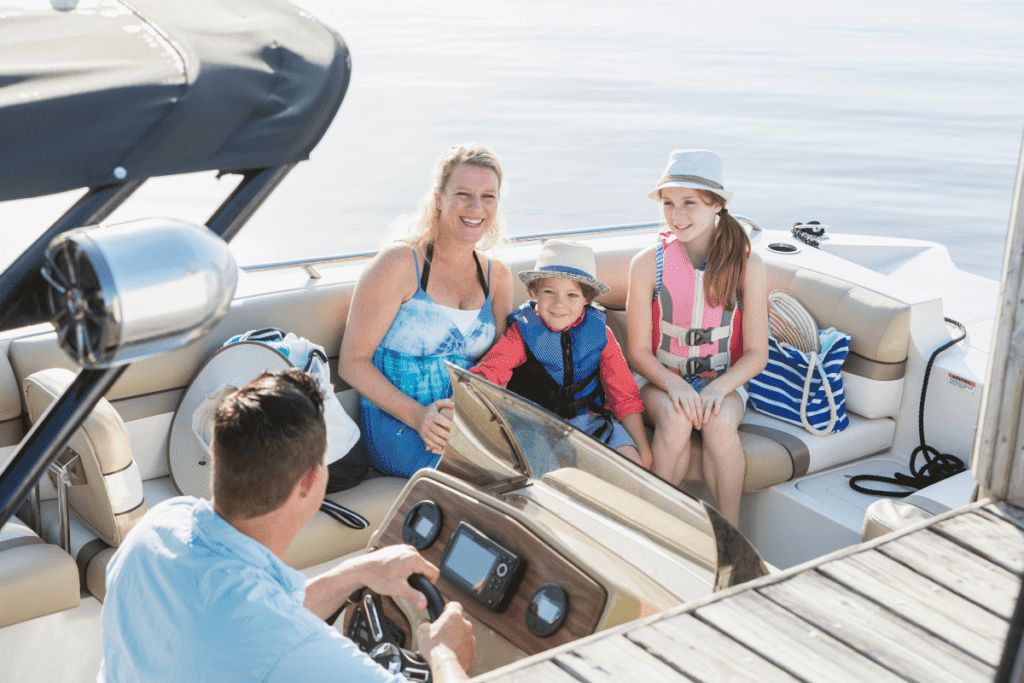
The Skills You Need to be a Boater:
Know the boating terminology.
First off, make sure that you are familiar with the “lingo” or boating terminology that you will need to understand boating overall. Boating terminology can include words and phrases that have to do with the parts and features of a boat, as well as different ways to maneuver the boat. If you are not sure where to start, check out some Boating Glossaries that are available online that you can review and study to help familiarize yourself. This is skill number one you need to be a boater.
Prepare with the proper safety equipment.
The next skill you need to be a boater is to make sure that your boat is stocked up with all the necessary safety equipment that you will need to be prepared with out on the water. Safety equipment can vary depending on the type of vessel as well as the number of people that you will be bringing on board during your trip. If you are not sure if you are meeting State and Federal requirements from a safety standpoint, schedule a free vessel safety check that will examine things such as your anchor and line, fire extinguishers, life jackets, flame arrestors and ventilation, your bilge, as well as the overall general safe boat condition.
Learn how to navigate the water with a compass.
Once you have your safety check down, make sure that you are capable of navigating with a compass. This is vital in the event that your boat loses power, which is totally possible, especially if weather changes last minute while you are already out on the water.
Get trained on how to use a VHF radio.
Another thing that you should make sure you are properly trained on is how to use a VHF radio, which can easily connect to the U.S. Coast Guard in case of an emergency. If you are in immediate danger or in a situation where you need help, the VHF radio is a necessary resource to tap into. This is especially important if you are planning on boating offshore or where you might have limited or no cell phone service.
Know how to set your anchor.
Once you are off and preparing to arrive to your destination, it is time to prepare to set your anchor! You will want to set your anchor in a spot where you know you will not be directly in any boat traffic, and you are avoiding wind and the current as best as you can. As you continue boating more, you will be aware of the best areas to set your anchor, and make sure that it is totally secure.
Know how to tie off dock lines.
Lastly, it is vital that you learn how to tie a cleat hitch, which is the best way to tie a dock line to a dock cleat. After a few times practicing, the process of tying a cleat hitch will become extremely simple, not only to tie and hold the boat into place, but also to untie by hand when you are preparing to leave.








